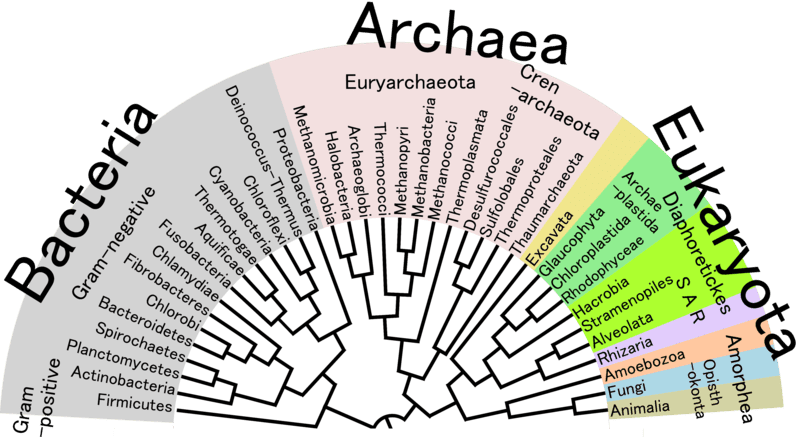
I bought Alvin Plantinga’s book Where the Conflict Really Lies: Science, Religion, and Naturalism (Oxford and New York: Oxford University Press, 2011) shortly after its initial publication. To my shame, however, it’s been sitting unread on my shelf since that time. So I’m finally getting around to reading it — although, thus far, only at the rate of a few pages per day.
I’ve now completed the first two chapters — “Evolution and Christian Belief (1)” and “Evolution and Christian Belief (2),” which run from page 3 through page 63 — and I’ve decided to file a very brief report on them for anybody who might be interested.
Professor Plantinga writes very lucidly in these two chapters, where his principal targets are the English evolutionary biologist and author Richard Dawkins, now retired as Professor for Public Understanding of Science at the University of Oxford, and the American writer Daniel Dennett, who, although 77 years old as I write, apparently retains his position as Austin B. Fletcher Professor of Philosophy at Tufts University and co-director of that university’s Center for Cognitive Studies. Both are outspoken atheists and proponents of the view that the theory of organic evolution is incompatible with Christianity and with theism more generally.
Professor Plantinga disagrees.
“The truth of the theory of natural selection . . . doesn’t for a moment show that all of life has come to be by way of unguided natural selection, or even that it is biologically possible that it has come to be that way.” (39-40; emphasis in the original)
“[T]here is nothing in current evolutionary science to show or even suggest that God did not . . . superintend evolution.” (46; original italics deleted)
“[C]urrent evolutionary science doesn’t include the thought that evolution is unguided; it quite properly refrains from commenting on that metaphysical or theological issue.” (55; original italics deleted)
“The scientific theory of evolution as such is not incompatable with Christian belief; what is incompatible with it is the idea that evolution, natural selection, is unguided. But that idea isn’t part of evolutionary theory as such; it’s instead a metaphysical or theological addition.” (63; emphasis in the original)
Already in these two early chapters, Professor Plantinga has suggested ways in which God might have influenced evolution:
“He could do so, for example, by causing the right genetic mutations to arise at the right time, or by preserving a genomic feature that isn’t fitness-conferring, or in still other ways. He could do so either by ‘frontloading,’ i.e., selecting initial conditions he knows will issue, for example, in the mutations he wants, or by causing these mutations at the time they are needed.” (39 note 14)
He promises to return to this subject in Chapter 4.
Remember, Professor Plantinga isn’t saying that any one of these possibilities was actually the case. He’s simply showing that the Dawkins/Dennett claim that evolutionary theory excludes or disproves theism remains undemonstrated.











